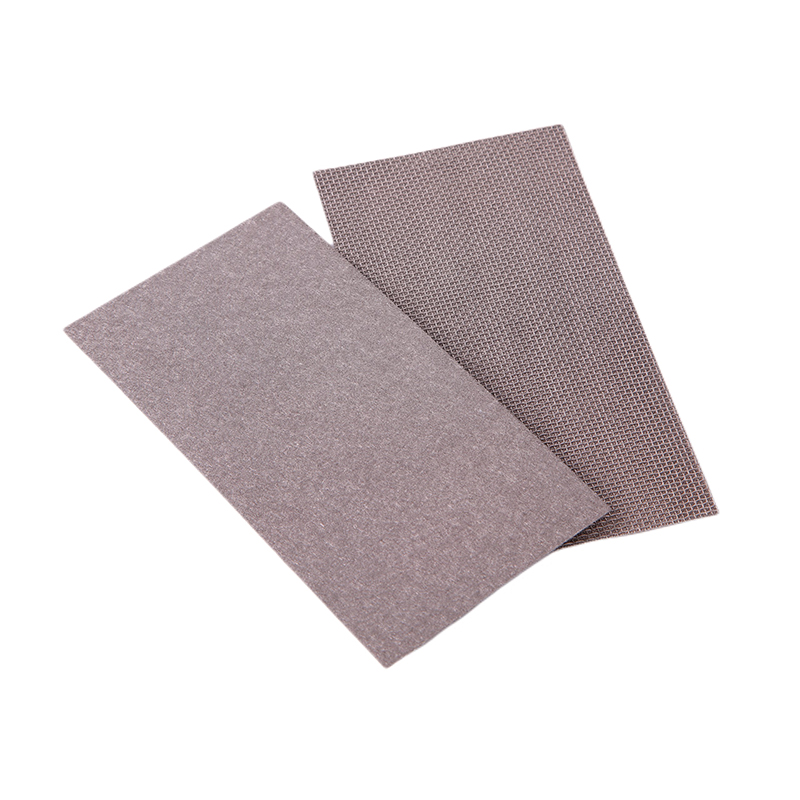Nickel felt, also known as nickel foam, is a versatile material that has a wide range of applications and promising future prospects. It made by sintering nickel powder or electroplating nickel onto a conductive substrate, resulting in a three-dimensional network structure with interconnected pores. Nickel felt’s unique properties enable it to be used in various industries.
The applications for Nickel felt
One of the significant applications of nickel felt is in energy storage. It is widely used as an electrode material in batteries, fuel cells, and supercapacitors. Nickel felt possesses excellent electrical conductivity, high porosity, and a large surface area, enabling efficient charge and discharge cycles. Its unique structure also provides good mechanical stability and enhances the electrochemical performance of energy storage devices. The utilization of nickel felt in energy storage systems greatly improves their efficiency, durability, and overall performance.
Apart from energy storage, nickel felt also employed in catalysis. Its high surface area and porosity make it an ideal material for supporting catalysts. It can impregnated with various catalytic metals or metal oxides to enhance their activity and stability. Nickel felt-based catalysts find wide applications in chemical reactions, such as hydrogenation, oxidation, and carbon dioxide reduction. The use of nickel felt as a catalyst support material not only improves reaction efficiency but also reduces the amount of precious metals required, making the process more cost-effective and sustainable.
Furthermore, nickel felt finds applications in the aerospace industry. Its lightweight and high strength make it suitable for use in aircraft and spacecraft. Nickel felt can be utilized as a structural material, thermal insulator, or heat sink, depending on the specific requirements of the application. Its ability to withstand high temperatures and harsh environments makes it an excellent choice for aerospace components. The use of nickel felt in the aerospace industry helps to reduce vehicle weight, improve fuel efficiency, and enhance overall performance.
Additionally, nickel felt has potential applications in filtration and separation. Its porous structure allows for effective trapping and removal of particles, contaminants, and impurities from liquids and gases. Nickel felt filters used in various industries, including water treatment, oil and gas, and pharmaceuticals. The high porosity and mechanical strength of nickel felt enable it to withstand high pressures and flow rates, ensuring efficient filtration and separation processes.

The future prospects of Nickel felt
The future prospects of nickel felt are promising. With the increasing demand for energy storage systems, there will be a growing need for high-performance electrode materials. Nickel felt’s unique properties make it an excellent candidate for use in next-generation batteries and supercapacitors. Its lightweight and high strength also make it attractive for use in the automotive industry, where the focus is on developing electric vehicles with improved energy storage capabilities.
Furthermore, continuous advancements in nanotechnology and materials science expected to further enhance the properties and performance of nickel felt. Researchers are exploring methods to modify the surface chemistry and pore structure of nickel felt to improve its catalytic activity and selectivity. They are also working on the development of new fabrication techniques and the integration of nickel felt with other materials.
In conclusion, nickel felt is a versatile material with a wide range of applications and promising future prospects. Its unique properties make it useful in energy storage, catalysis, aerospace, and filtration industries. With the increasing demand for energy storage systems and ongoing research in materials science. The potential applications and development of nickel felt expected to expand further in the future.